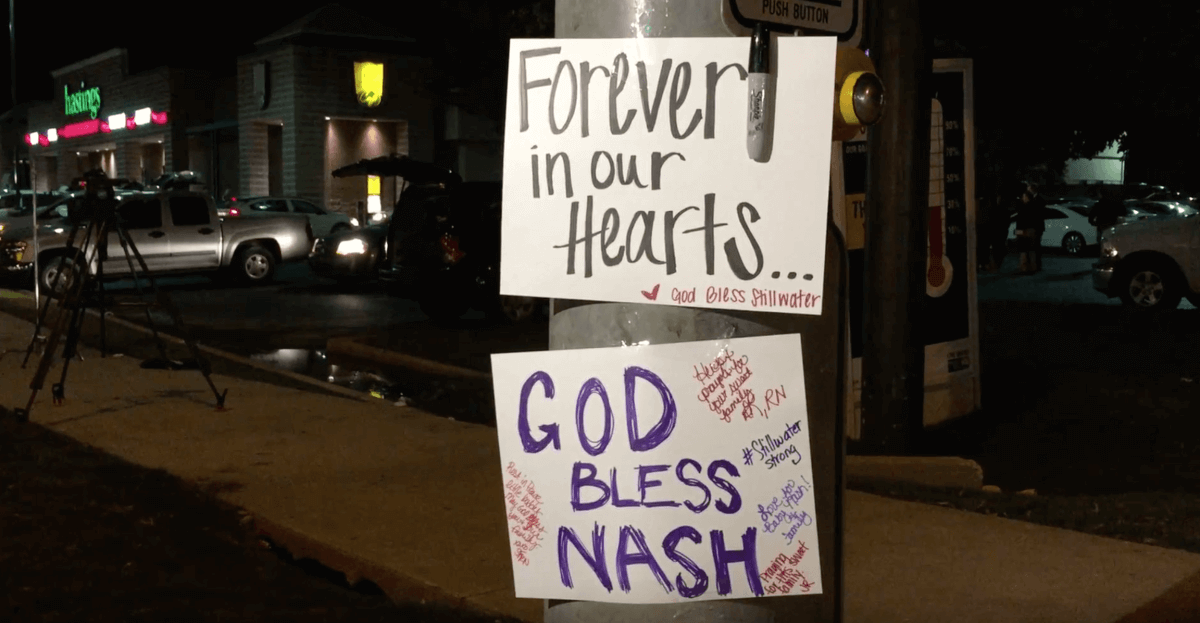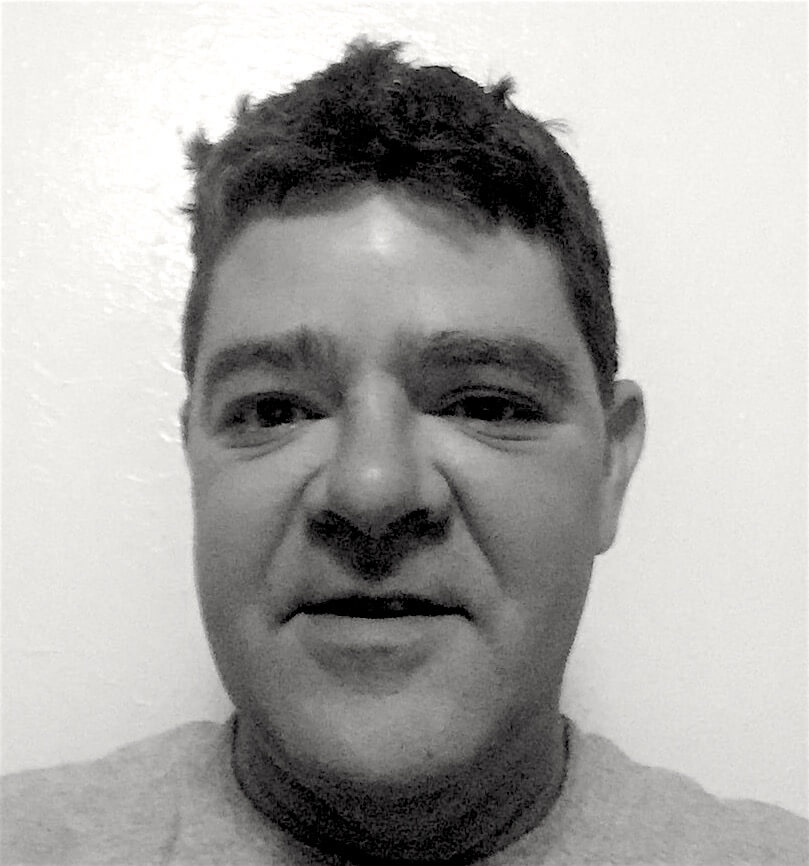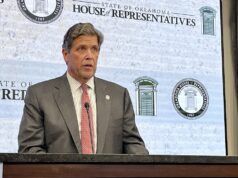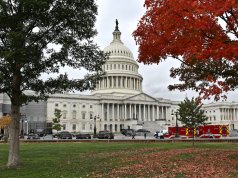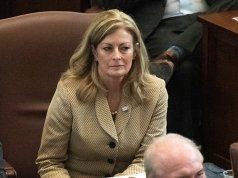Pam Timmons feels the pinch.
As CEO of Good Shepherd Ministries, she has watched as state-funded medical services have declined and demand for the organization’s charitable medical clinics, dental clinics and pharmacies has risen. These are services her organization offers.
“We are a struggling nonprofit,” said Timmons. “Obviously, there’s a lot of struggling nonprofits right now because of the economy. We recently had to make cutbacks. We received a large grant last year. We grew really fast and aren’t able to sustain that growth.”
Timmons attributes escalating demand for medical services to high-deductible insurance plans that are leading patients into medical debt.
“For free and charitable clinics like ourselves, there’s been a 40 percent increase in demand since the Affordable Care Act was implemented over the last couple of years,” said Timmons.
According to Oklahoma Watch, almost 130,000 Oklahomans seek health care at free and charitable clinics. A plurality are uninsured.
Health care leaders across the state have supported a version of Medicaid expansion that would grant insurance coverage to many of those who seek care at free clinics.
The Legislature declined to act on the proposed “Medicaid rebalancing” plan this session.
‘People are supposed to get insurance’
Oklahoma City resident LaVonne Munson is one of those 130,000. She relies on Good Shepherd Ministries for medical care, including the organization’s pharmacy, medical clinic and dental clinic. Living on disability, she is simply unable to pay the premium for even the most basic ACA-marketplace insurance.
“Good Shepherd Ministries has provided the best care — medical and dental — for me that I’ve ever received in my whole life,” she said. “They are genuinely concerned about me.”
For Timmons, stories like Munson’s are commonplace.
“People are supposed to get insurance,” Timmons said, “just like we’re supposed to get auto insurance. People are going out [to the federal marketplace] and getting it and then they go to the doctor and the deductible is so high that now they’re in medical debt when they were barely getting by anyway.”
Nico Gomez, CEO of the Oklahoma Health Care Authority (OKHCA), backed up Timmons’ claim about debt.
“We’re not seeing that in our programs, but my observation is that there are people having trouble meeting their deductibles. When they have trouble paying for that deductible, they’re not able to get the coverage they need. That’s why [Good Shepherd] is seeing [increased demand].”
Last year, Timmons said Good Shepherd provided 16,000 services to 3,300 patients. Her clinics are turning away new patients because they simply lack room on the rosters.
For example, Good Shepherd holds a dental extraction clinic Monday evenings, and it has 17 slots. Patients call that morning to book an appointment, and Timmons said it’s common to get 1,000 calls on Monday mornings. She noted that only half of Oklahomans have regular access to dental care.
Provider rates stable for another year
Gomez told a crowd during a special event hosted by Good Shepherd earlier this month that Medicaid-provider rates will remain stable for the fiscal year.
RELATED
Stillwater tragedy highlights health insurance issues by William W. Savage III
“I was able to share some relief, frankly, that because the governor and the Legislature, even despite not being able to pass a cigarette tax, still was able to fund sufficiently to avoid any provider taking any cuts in their rates for seeing our SoonerCare patients,” he said.
A cut in Medicaid-provider rates — the rate that SoonerCare pays health providers for coded services — would mean a loss in providers and the closing of many hospitals.
The OHCA originally proposed a 25 percent cut to provider rates before the end of the last legislative session. SoonerCare, providing health services to roughly 800,000 Oklahomans, is one of the largest items in the state’s budget. In a last-minute effort, legislators preserved the SoonerCare budget and stabilized the provider rate for at least one more year.
“Our goal was to make sure we had a stable and responsible provider rate. That was taken care of in the budget. It’s stable for another year,” said Gomez.
Gomez also authored the framework of the Medicaid Rebalancing Act, which would have expanded Insure Oklahoma and SoonerCare for more children, but the bill died in committee.
“I visited with folks before and afterward,” Gomez said. “There was a sense of relief, but also a sense of lost opportunity. There was a sense of optimism, though.
“I think people were more engaged in this conversation this time than there ever has been before. People really do care about their fellow Oklahomans.”










